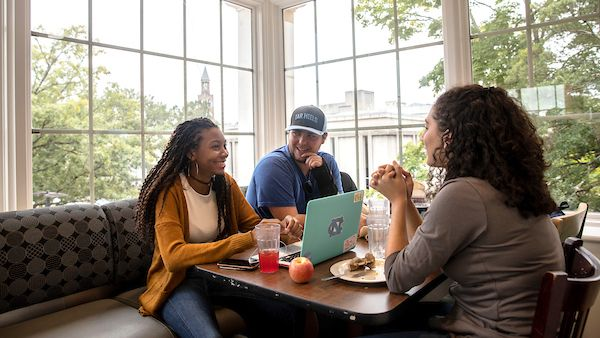Resilience is often misunderstood. It’s not just about being as tough as a football player – taking hit after hit and pushing through exhaustion. Overwork and exhaustion are the opposite of resilience. When we show up to class or work feeling utterly drained, we don’t have the cognitive resources to do well or stay in control of our emotions.
The more time a person spends performing, the more time that person needs recovering. In simple terms, the more you work hard, the greater the benefits of activities that restore balance. Recovery periods become increasingly valuable as the demands on you intensify. Most people assume that merely stopping a task is enough to recharge. When you don’t have classes for the week (THANK YOU, SPRING BREAK!), you may expect that your brain will recover from those efforts and return feeling refreshed and ready to learn more. But rest and recovery are not the same thing. Stopping does not equal recovering.
Recover a bit this week.
Internal recovery involves the short periods of relaxation that take place throughout our day whether scheduled for spontaneous. It could involve shifting our attention or changing tasks when we feel mentally or physically depleted.
External recovery refers to actions that take place outside of scheduled work – spring break being the perfect example. But if you spend your time over break on your device becoming riled up by news or stressing about the paper you have due when you return, your brain hasn’t received a break from high mental arousal. Our brains need rest as much as our bodies.
External recovery means taking time to do things that are fun, enjoyable, and help you feel good. So, during spring break…
- Explore new places
- Go outside
- Move your body
- Revisit activities that you loved when you had more time to play
- Unplug
- Prioritize good sleep
- Savor delicious, nourishing food
- Spend time with supportive, loving people
- Experience awe
The best person to know how you best recharge is YOU. Take time to recharge effectively this week and you’ll be better equipped to face whatever challenges come your way for the rest of the semester.


